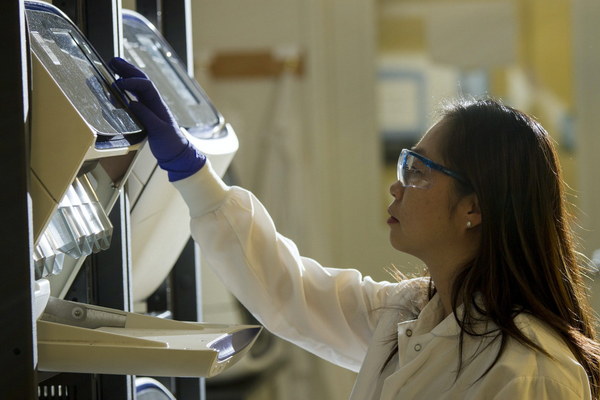The Synergistic Power of Dialysis and Nutritional Support A Comprehensive Guide
Introduction:
Dialysis, a life-saving procedure for individuals with chronic kidney disease, requires a meticulous approach to manage the complications and improve overall well-being. One such approach is the integration of dietary support, known as food supplementation. This article delves into the synergistic benefits of combining dialysis with proper nutritional support, highlighting key considerations and practical tips for a healthier life.
I. Understanding the Basics of Dialysis and Nutritional Support
1. What is Dialysis?
Dialysis is a process that filters waste products and excess fluid from the blood when the kidneys can no longer perform these functions adequately. There are two types of dialysis: hemodialysis and peritoneal dialysis.
2. Importance of Nutritional Support
Nutritional support is crucial for dialysis patients to maintain strength, improve quality of life, and prevent complications. It involves adjusting dietary intake to meet specific nutritional needs and ensuring adequate intake of essential nutrients.
II. The Synergistic Benefits of Combining Dialysis and Nutritional Support
1. Improved Kidney Function

A well-balanced diet, in conjunction with dialysis, can help slow down the progression of kidney disease. By providing essential nutrients and managing waste products, dialysis and nutritional support work together to maintain kidney function.
2. Enhanced Quality of Life
Adequate nutritional intake can improve energy levels, reduce fatigue, and enhance overall well-being in dialysis patients. This, in turn, contributes to a better quality of life.
3. Decreased Complications
Proper nutritional support can help manage complications associated with dialysis, such as anemia, malnutrition, and bone disease. By addressing these issues, dialysis and nutritional support can improve patient outcomes.
III. Key Nutritional Considerations for Dialysis Patients
1. Protein Intake
Dialysis patients often require higher protein intake to maintain muscle mass and strength. However, it is important to choose high-quality protein sources, such as lean meats, fish, eggs, and dairy products.
2. Fluid Intake
Dialysis helps remove excess fluid, but patients still need to monitor their fluid intake to prevent swelling and hypertension. It is crucial to follow the prescribed fluid restrictions set by healthcare professionals.
3. Electrolytes
Maintaining proper electrolyte levels is essential for dialysis patients. This includes managing levels of sodium, potassium, calcium, and phosphorus, which are closely monitored and adjusted as needed.
4. Vitamins and Minerals
Dialysis can affect the absorption of certain vitamins and minerals. Patients may require supplementation to ensure adequate intake, such as vitamin D, vitamin B12, iron, and calcium.
IV. Practical Tips for Implementing Nutritional Support in Dialysis Patients
1. Work with a Registered Dietitian
A registered dietitian can provide personalized dietary advice based on individual needs and preferences. They can create a tailored meal plan that meets nutritional requirements while considering taste and cultural preferences.
2. Educate Yourself and Family Members
Understanding the importance of nutritional support can help patients and their families make informed decisions about their diet. Education is key to implementing dietary changes successfully.
3. Stay Hydrated
Dialysis patients should drink enough water to stay hydrated, as dehydration can lead to complications. However, it is crucial to follow fluid restrictions set by healthcare professionals.
4. Monitor Food Intake
Patients should keep a food diary to track their intake and ensure they are meeting nutritional needs. This can help identify areas for improvement and make adjustments as needed.
Conclusion:
The combination of dialysis and nutritional support offers a powerful strategy for managing chronic kidney disease and improving the quality of life for patients. By understanding the basics, implementing key nutritional considerations, and seeking guidance from healthcare professionals, patients can harness the synergistic benefits of both approaches. With proper dietary support, dialysis patients can lead healthier, more fulfilling lives.









